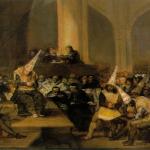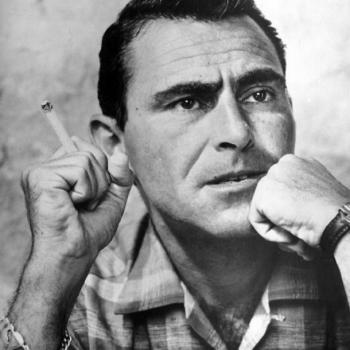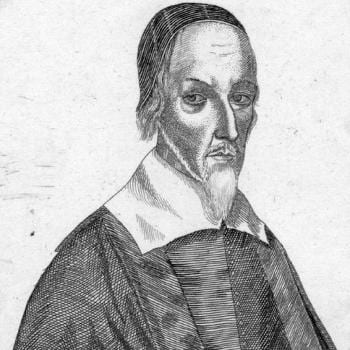To begin, then, we have to think about what we mean by “free will.” The term is often invoked by the liberal side to reject unnecessary constraints (and thus the conversation necessarily becomes about certain ultimately pragmatic lines in the sand). In its most basic form (again, Isaiah Berlin):
The ‘positive’ sense of the word ‘liberty’ derives from the wish on the part of the individual to be his own master’ I wish my life and decisions to depend on myself, not on external forces of whatever kind. I wish to be the instrument of my own, not of other men’s, acts of will. I wish to be a subject, not an object; to be moved by reasons, by conscious purposes, which are my own, not by causes which affect me, as it were, from outside. I wish to be somebody, not nobody; a doer – deciding, not being decided for, self-directed and not acted upon by external nature or by other men as if I were a thing, or an animal, or a slave incapable of playing a human role, that is, of conceiving goals and policies of my own and realizing them. This is at least part of what I mean when I say that I am rational, and that it is my reason that distinguishes me as a human being from the rest of the world. I wish, above all, to be conscious of myself as a thinking, willing, active being, bearing responsibility for my choices and able to explain them by references to my own ideas and purposes. I feel free to the degree that I believe this to be true, and enslaved to the degree that I am made to realize that it is not.
At some basic level, this is clearly offensive to mainstream Christian sensibilities. By definition, we are not our own masters and our free will exists to give us a choice between precisely such self-mastery and deference to God. On this, I think both sides in the aforementioned debate would agree (at least formally). The question, however, is if such freedom is really even possible.
To many (on both sides), free will must mean a sort of absolute autonomy. It must mean uncoerced choice at some fundamental level. The truth, unfortunately for them, is that such is impossible. Freedom is always shaped by a variety of conditions, some according to religious faith, others following from the vicissitudes of life. In the former category we might put original sin (is this not a sort of continuous and inescapable handicap on “freedom”?). In the latter we might think of place, time, and cultural habits (e.g. was a 5th-century European “free” to become a Confucian, even if he had never even heard of the man behind the philosophy?). Freedom only makes sense as a sort of relationship, a choice among various options always informed by the limits of any individual human being’s place in history.
And this is a good thing. What would the absolute freedom of the will conceived of (often implicitly) by so many even look like? Some sort of radical arbitrariness? Something on par with the fiat lux of God? It’s simply unimaginable—without choices (and here there is the implication of certain “non-choices,” of the fact that there are, in some sense, a limited number of possibilities. How else could we call something a “choice”?) there can be no notion of freedom of the will. Even Sartre, often thought of as the great proponent of some version of this, a defender of our “radical freedom,” refined his views later in life, turning to psychoanalysis and Marxism to better understand what liberty really was (note that both of these philosophies hold to more conditioned views of human freedom).













